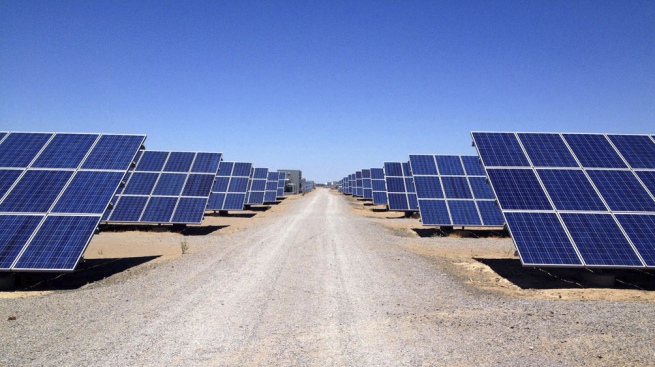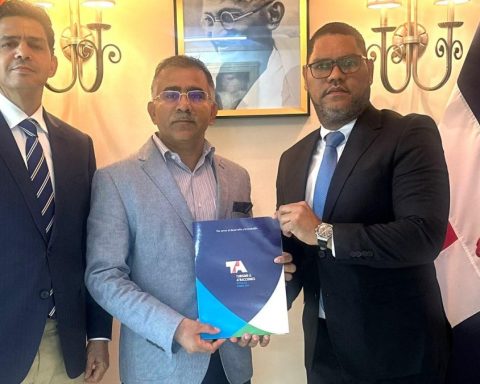The Alliance for Action for a Green Economy (PAGE) raised its support for the efforts of the Argentine government, employers’ and workers’ organizations in order to harness the potential of the green economy in the country, promote a recovery from the crisis and build a more inclusive, sustainable and resilient future of work .
This alliance brings together five agencies of the United Nations system: the Environment Program (UN Environment), the International Labor Organization (ILO), the United Nations Industrial Development Organization (UNIDO), the United Nations Institute for Training and Research (Unite) and the United Nations Development Program (UNDP).
“A greener economy could create an additional 60 million decent jobs globally in the next twenty to thirty years,” he explained. Joaquín Etorena Hormaeche, national coordinator of PAGE by the ILOunder whose leadership the project highlights the potential to create new decent jobs in the sectors most affected by the pandemic.
According to Etorena Hormaeche, it is estimated that a fair and green recovery in Latin America and the Caribbean has the potential to create 15 million green jobs, linked to a process of decarbonizing economies.
For the PAGE coordinator, it is It is necessary to think of new ways to promote the recovery of employment “in sectors linked to the environment, energy efficiency, renewable energies, transport and sustainable mobility or the circular economy”among other actions.
“A greener economy could create an additional 60 million decent jobs globally in the next twenty to thirty years”Joaquin Etorena Hormache
According ILO data, these sectors represent around 3.3% of total employment and 7.3% of wage earners registered in the social security system of Argentina.
Although there are risks with respect to employment in sectors that are transformed, it is estimated that the net result of greater sustainability, especially in services such as tourism or appliance repairs, but also in manufacturing such as biofuels, will be positive in Argentina and in the world.
“The way out of the crisis must be through a more sustainable and inclusive development model from the point of view of production, employment and environmental care”explained Etorena Hormaeche.
In this line, the entity promotes five key aspects that contribute to accelerating the just transition in Argentina: the circular economy, the promotion of green employment, professional training, technological investment of small and medium-sized companies and social dialogue.
“The main objective of PAGE is to include sustainability at the center of public policies to advance the 2030 Agenda for Sustainable Development,” explained Etorena Hormaeche, who added that to this end the project “promotes a recovery that drives the transition towards an economy that is low in emissions, socially inclusive and efficient in the management of resources”.

















